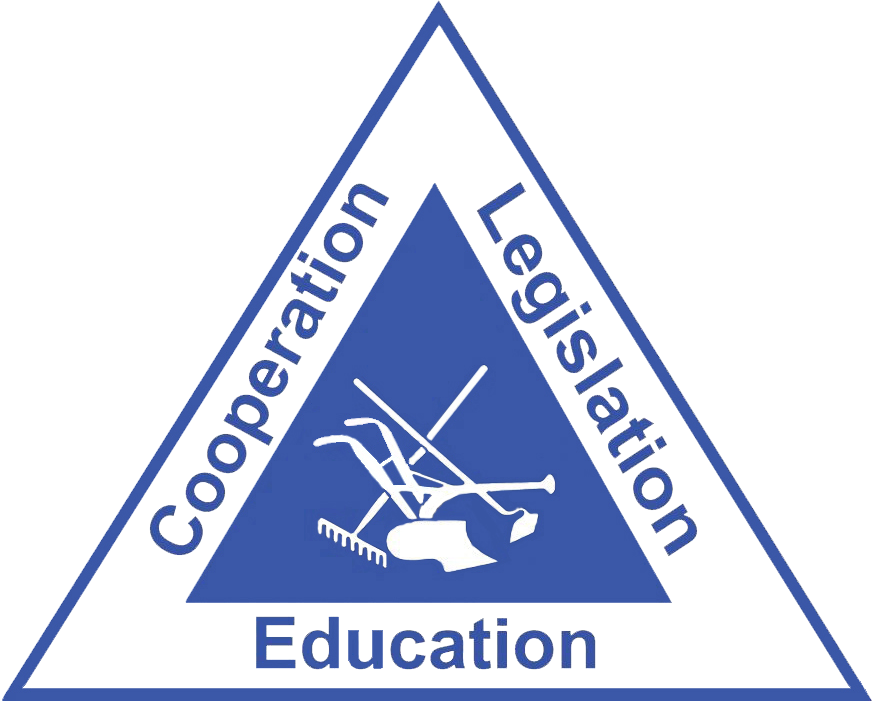Missouri and Nebraska Farmers Union Welcome Two Checkoff Reform Bills in Senate
Presidents of Missouri and Nebraska Farmers Union issued a joint press release in response to the filing of two Bills in the U.S. Senate that deal with commodity checkoff reforms. Senators Lee from Utah and Booker from New Jersey co-sponsored S.3201, the Commodity Checkoff Program Improvement Act, that provides a basic set of provisions that all commodity checkoff programs would have to comply with. Those reforms would restrict using vendors who lobby, reduce conflict of interest within programs, prevent checkoff money from being used to disparage other commodities or products, increase public transparency, and require full program audits every five years.
Senator Lee introduced S.3200, the Voluntary Checkoff Program Participation Act that would make all federal check-off programs voluntary.
Richard Oswald, President of the Missouri Farmers Union said “When checkoff programs are producer controlled and keep their focus on research and full utilization of domestic production, they get high marks from farmers and growers. When commodity program board members who are political appointees fail to use standard competitive business bidding practices for vendors, primarily fund one particular commodity organization that engages in political speech and lobbies for policies that a large number of farmers oppose, they get low marks from farmers. Those perceptions are what you would expect. Farmers focused on getting ahead don’t like their hard earned money being used against their own best interests, especially when most checkoffs today are mandatory.”
John Hansen, President of the Nebraska Farmers Union referred to the National Farmers Union (NFU) policy set by the elected delegates at the March 2016 NFU Convention: “We support a voluntary checkoff, with producer participation determined at the point of sale. Our support for producer-financed commodity research and promotion programs like is determined by the extent to which producers who are actively involved in production agriculture control the programs.”
Both Oswald and Hansen said that the difference in the operation and functioning of federal commodity programs was dramatic, and the perception of individual farmers reflected that wide diversity. They also agreed that USDA oversight needed to be increased to insure that checkoff programs were being operated as they were intended and, given the wide range of commodity program structure and operation and corresponding perceptions on the part of farmers, more appropriate uniform federal guidelines that applied to all checkoffs was in order.
Oswald pointed out that checkoffs are taxes paid by farmers; “Checkoffs are a form of involuntary excise tax collected at the point of sale by all the mandatory checkoff programs. That means the checkoffs ought to be as transparent and accountable as any comparable form of representative democratic government,” he said.
Hansen thanked Senators Lee and Booker for their thoughtful efforts. “We hope that these two bills can begin a conversation in the country and also in Congress about the best way to insure that our commodity checkoffs are structured and operated in a fashion that is consistent with the highest standards of transparency, accountability, and ethical conduct. For too long, Congress has failed to do a top to bottom review of the federal checkoffs they created. Oversight is not just a good idea, it is an obligation incurred when federal programs of any kind are created.”

